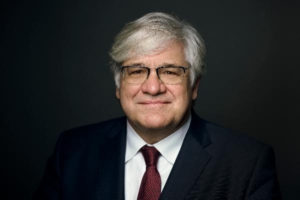Short-term PostDoc Position(s) at Humboldt University Berlin
The graduate resesarch programme DynamInt (Dynamic Integration Order) of Humboldt University is inviting international PostDocs to apply for a short-term (3 to 6 months), fully paid research stay in Berlin.
The PostDoc is supposed to pursue her/his research project in the field of European Law. She/he is also expected to interact with the group of young researchers, who all work on their dissertation projects within the thematic framework of harmonization and plurality tendencies in the EU
More information is available here.

 Croatian Academy of Science and Art
Croatian Academy of Science and Art